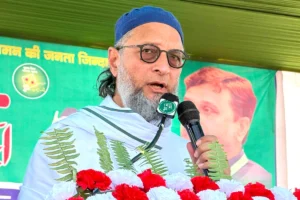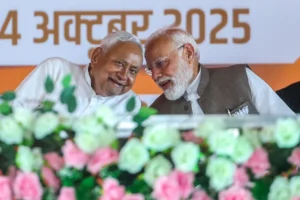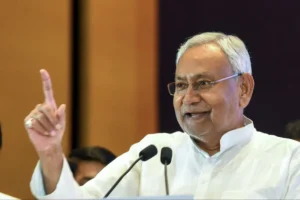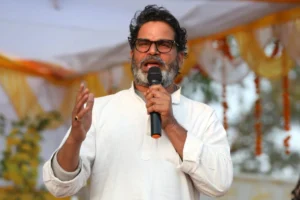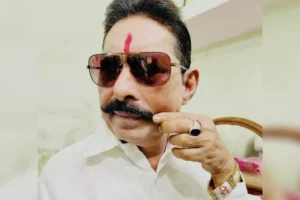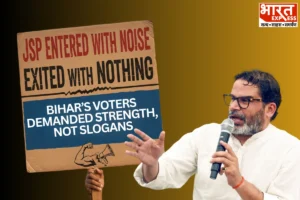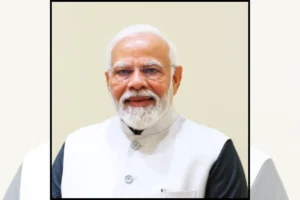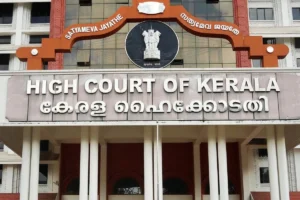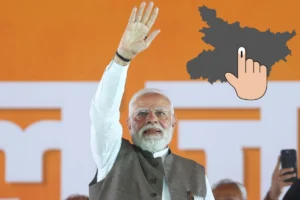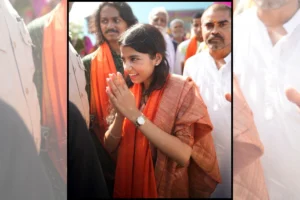
The Kerala High Court has directed the state government to promptly decide on a request from incarcerated Maoist leader TR Roopesh, seeking permission to publish a book he wrote while in prison.
Roopesh, convicted under the Unlawful Activities (Prevention) Act (UAPA) and lodged in Viyyur Central Jail, approached the court alleging undue delay and discrimination in the government’s handling of his application.
He authored a Malayalam manuscript titled “Bandhitharude Ormakurippukal (Memoirs of the Incarcerated)” during his imprisonment.
Roopesh argued that other prisoners had published literary works. He highlighted that they received permission while he had not.
His plea, however, remained pending without explanation.
Justice VG Arun noted that the Kerala Prisons and Correctional Services (Management) Act and Rules do not empower prison authorities or the government to block a prisoner’s literary work.
The law explicitly permits prisoners to read and write, aligning with the reformative purpose of the prison system.
The court emphasised that a conviction does not strip prisoners of all fundamental rights.
A written work reflects the ‘internal sovereignty’ thought. This is a core aspect of human dignity that the state cannot arbitrarily curtail.
While prison authorities may scrutinise such writings, the court clarified that scrutiny cannot become ‘an insurmountable obstacle.’
Publication can be restricted only if the content is harmful or deleterious.
The state government, through its pleader, stated it was not opposed to publication. It said it needed time to verify that the manuscript does not incite violence, promote unlawful ideology, or glorify banned organisations.
Although UAPA does not expressly prohibit prisoners from publishing, the government argued it must ensure that no material furthers extremist objectives.
The High Court balanced Roopesh’s right to free expression with the state’s concerns. It directed the government to take a final decision on his application within three months.
The court asked authorities to consider its observations. It also instructed them to follow Supreme Court rulings that allow prisoners to publish their writings.
The judgment underscores that the state may monitor prison publications. It cannot arbitrarily deny prisoners the right to share their literary work, reaffirming the balance between security and fundamental rights.
Also Read: Kerala HC Asks Vijayan Govt To Approach SC Over Voter Roll Revision
To read more such news, download Bharat Express news apps









